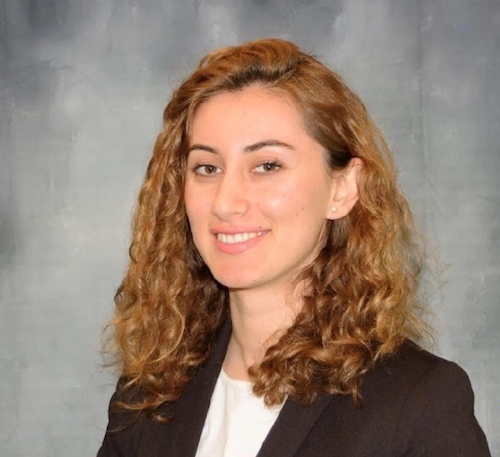
NeuroFore, a medical technology company advancing early detection of neurodegenerative disease, today announced the introduction of its artificial intelligence tool designed to identify Parkinson’s disease in its earliest—and most actionable—stages. Invented by NeuroFore Founder and CEO Hamasa Ebadi, the tool represents a new diagnostic approach that identifies Parkinson’s years before traditional motor symptoms appear.
Ebadi developed the NeuroFore tool after recognizing a critical gap in current diagnostic pathways: despite decades of scientific progress, patients are still diagnosed only once motor symptoms become visible, long after underlying neurological changes have begun. Her tool instead analyzes non-motor symptoms—subtle but measurable physiological and behavioral changes that emerge years earlier—opening a diagnostic window that has never previously been accessible at scale.
“Parkinson’s disease does not start with a tremor,” said Ebadi. “By the time motor symptoms appear, patients have already lived with undetected neurological changes for years. I built NeuroFore to shift this timeline—so detection happens early enough to influence the course of the disease.”
Parkinson’s affects an estimated 10 million people worldwide and is the second most common neurodegenerative disorder. When including underdiagnosed cases, projections suggest that as many as 17 million people may be living with Parkinson’s by 2040, with 1 in 10 patients diagnosed before age 50. Earlier identification of at-risk individuals could transform clinical decision-making, expand access to research opportunities, and support interventions during a phase when the brain is more responsive to treatment.
The NeuroFore tool analyzes patterns across early-appearing non-motor symptoms that precede motor dysfunction. By combining these signals with advanced AI modeling, the tool generates an early-stage risk profile that has historically been impossible to capture.
Ebadi’s background in neuroscience, neuroethics, and digital health innovation guided the creation of the tool. She earned a Master’s degree in Bioethics & Medical Humanities with a concentration in Neuroethics from Case Western Reserve University, contributed to the ethical framework for the first-in-human cortical prosthesis trial, and later led global digital health initiatives that advanced patient care and clinical operations. Her work has been published in leading scientific journals, and she has presented at the NIH BRAIN Initiative, the International Neuroethics Society, and the American Society for Bioethics & Humanities. Her recognitions include the NIH BRAIN Initiative Challenge Award and multiple scientific honors for innovation and research excellence.
NeuroFore invites individuals, clinicians, researchers, and advocates to join us in shaping the future of Parkinson’s disease diagnostics.
More information is available at: https://neurofore.ai/
Media Contact
Company Name: NeuroFore
Contact Person: Evan Tan
Email: Send Email
City: St. Louis
State: Missouri
Country: United States
Website: neurofore.ai






